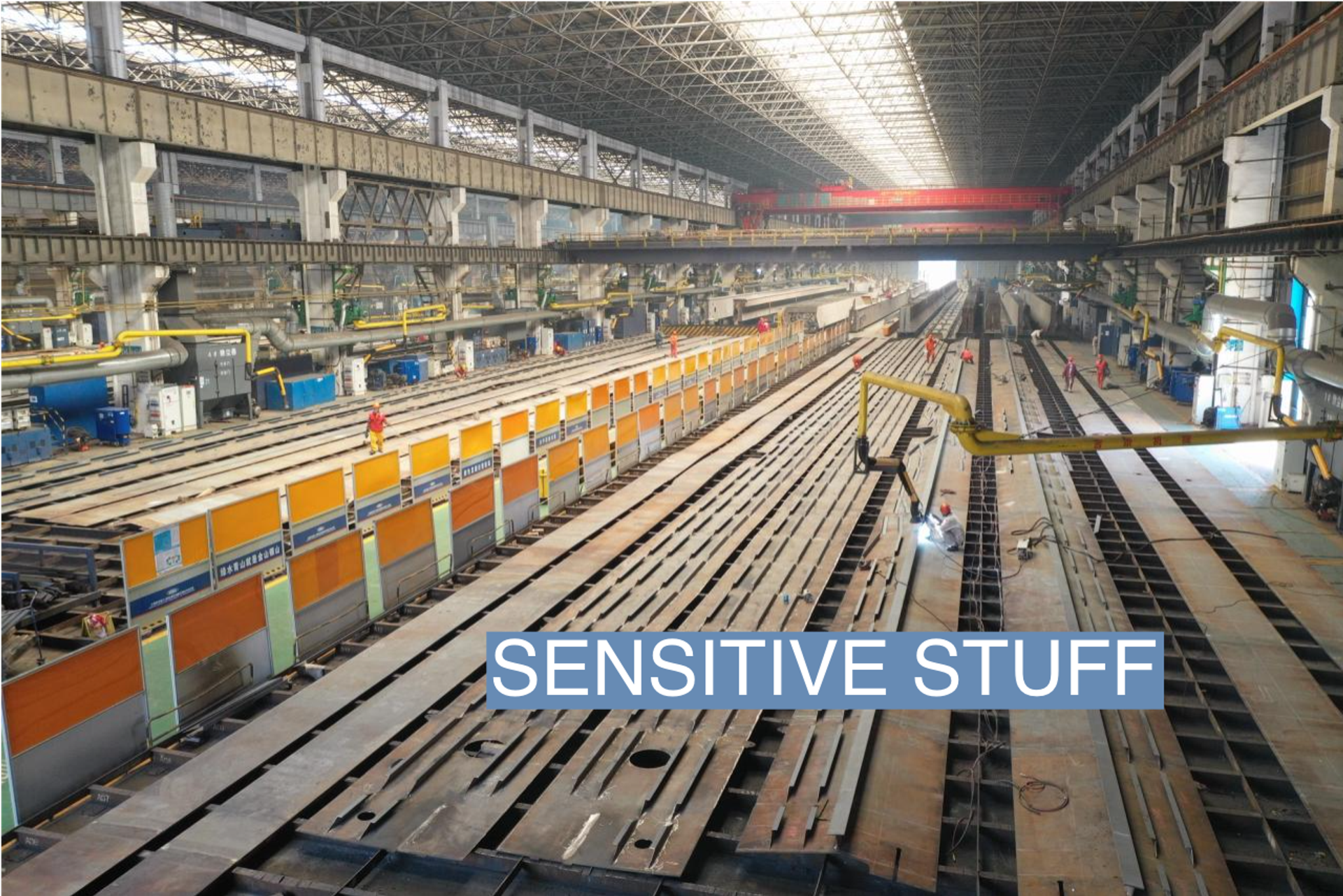The News
The Biden administration is imposing new cybersecurity rules at U.S. ports that are driven in part by concerns about Chinese hacking targeting critical infrastructure.
President Joe Biden will sign a new executive order Wednesday giving the Department of Homeland Security more power to address cybersecurity threats at U.S. ports, which will require vessels and maritime facilities to report cyberattacks, senior administration officials said.
The Coast Guard is also proposing new cybersecurity requirements for port operators, as well as a new, secret directive specific to operators of Chinese-manufactured cranes.
“By design, these cranes may be controlled, serviced, and programmed from remote locations,” said Rear Adm. John Vann, commander of the Coast Guard Cyber Command, which he said would make them potentially “vulnerable to exploitation.”
Know More
Chinese crane manufacturer ZPMC controls roughly 70% of the global market for cranes and an estimated 80% of ship-to-shore cranes at U.S. ports.
While the administration isn’t looking to “rip and replace” the Chinese-made cranes now, said Anne Neuberger, the White House deputy national security adviser for cyber and emerging technology, the administration plans to spend $20 billion in infrastructure funds to purchase new, “trusted” cranes over the next five years. As a result, the White House said that PACECO Corp., a subsidiary of the Japanese company Mitsui, would bring back its crane manufacturing to the U.S.
A spokesperson for the Chinese embassy in Washington, Liu Pengyu, dismissed assertions that Chinese-made cranes represent a security risk as “entirely paranoia” and accused the U.S. of “overstretching the concept of national security and abusing national power to obstruct normal economic and trade cooperation.”
The announcements come on the heels of recent warnings about Chinese hackers targeting U.S. critical infrastructure, but Neuberger insisted the actions were driven by broader concerns that also include criminal activity.
Neuberger is expected to host an event in Virginia later Wednesday focused on the new announcements.
